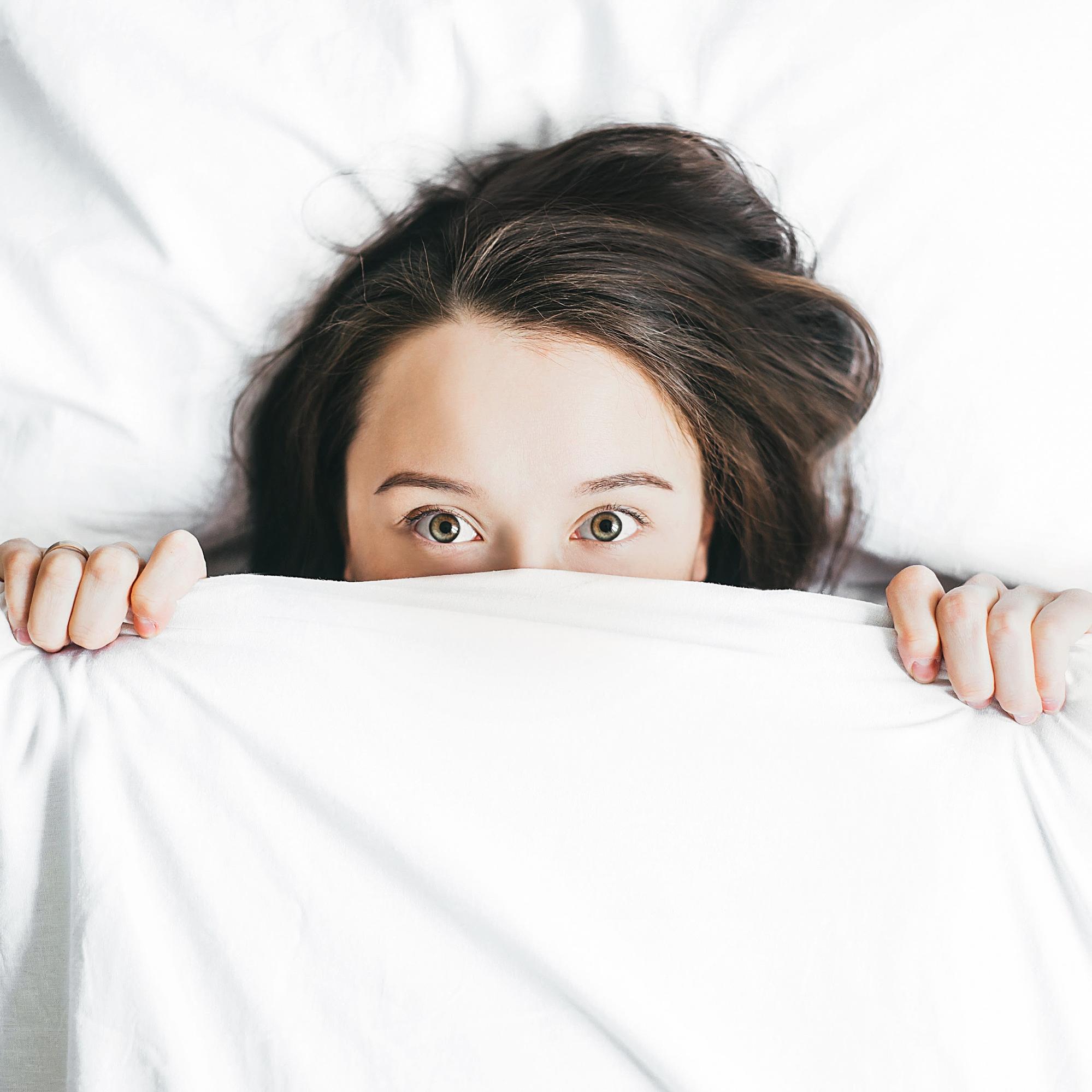Photo Credit: Alexandra Gorn
Sleep has long been my nemesis. I can vividly recall when my battle with sleep began. I was 15 years old. My bedroom was the only bedroom on the ground floor of my childhood home, a two-story lannon stone tudor in Milwaukee, Wisconsin.
It was a warm summer night and as I began to drift off to sleep, I was startled awake by the sound of shattering glass, not once but twice. My dad quickly leapt from bed, crashed down the 14 stairs from the second floor, through the hallway and kitchen, and out the back-door to the garage. Once outside, he found that someone had smashed two windows on his coveted Chevy Suburban.
Unfortunately, this event didn’t come by surprise. My younger, middle-school aged brother had recently gotten mixed-up with the ‘wrong’ crowd, the crowd that dabbles with recreational drug use and skips out on school to ride the city bus. Clearly, the broken windows were some form of initiation or retaliation. Either way, my parents never got to the bottom of the ruthless act.
From that warm summer night on, when the rest of western hemisphere was lulled to sleep by a normal increase in melatonin, my serotonin and cortisol levels raged, keeping me awake with fear and trepidation. Would someone break-in through my ground-floor bedroom window? If so, what would I do, and how would I escape? Would my parents hear it? This incident ignited a sense of worry within me that’s never fully ceased.
This sense of worry has evolved and adapted to my current life circumstances, latching onto my present vulnerabilities and fears. So how’s one to deal? Keeping in mind that “Many factors influence sleep patterns, including individual factors such as the regularity of an individual’s daily schedule, alcohol, caffeine, and tobacco use, and dietary and physical activity patterns, as well as environmental factors such as temperature, sounds, and light exposure in sleeping spaces.,”(1)(2) I began to employ a combination of the below sleep strategies any given night of the week. And when I’ve had a stellar day, they actually work, my worries are tempered and I’m grateful to awake refreshed and ready to conquer what the universe has instore for me that day!
- Detox digitally, 60-90 minutes before bedtime. “Several functional MRIs (fMRI) studies have shown that short exposures to blue light (< 1 minute) can activate brain areas involved in alertness, arousal and mood…” (3). Our phones, tablets, televisions and even alarm clocks with blue numbers all emit blue light. So power down the devices before bed, pick-up that book you’ve been yearning to finish or count sheep! And if you happen to wake-up in the middle of the night, avoid checking your phone, that little bit of exposure to blue light might actually keep you from falling back asleep.
- Kick the caffeine. The Journal of Clinical Sleep Medicine states, “caffeine taken 6 hours before bedtime has important disruptive effects on sleep and…recommends to refrain from substantial caffeine use for a minimum of 6 hours prior to bedtime.” (4) This means no coffee, caffeinated tea or CHOCOLATE before bed.
- Wear a weighted eye mask, like this one. Throw it in the freeze for 10 minutes or the microwave for 10-20 seconds (microwaving times vary, so be cautious, it’ll be hot) and you’ll have your very own mini-spa experience. The weight of mask helps to block out light and provides a gentle soothing pressure.
- Crank white noise such as an oscillating fan or an open window when, seasons permit. The ambient noise helps take your mind off whatever thoughts are swirling around. There are also plenty of white noise machines or apps out there that can provide the same support. This is a common white noise machine you may find in your doctor or therapists office. Test this out, you won’t be disappointed.
- Sleep in a cool dark space. For me, this is a must, in-fact, the cooler the better. Did you know, “Research has found that in general sleep quality is best when a state of thermal neutrality is reached. The optimal temperatures associate with thermal neutrality for sleep range from 16–19°C [60–66°F] when wearing pajamas and using a sheet, and 30-32°C [86-89.6° F] in an open room.” (5) Sometimes, when I’m having a tough time sleeping, I’ll put an ice-pack from the freeze on my chest or the back of my neck. Try this trick, it helps!
- Use essential oils, like Aura Cacia’s lavender or Chill Pill. A study published in the Journal of East-West Nursing “suggests that aroma inhalation, as part of aromatherapy, be applied and comprehensively adopted as a method of nursing intervention for…sleep, depression and stress…” (6)
- Log your sleep, using this Sleep Cycle app. The app itself has an alarm clock, a white noise maker, tracks your steps for the day, your location/weather/atmospheric pressure, allows you to make notes about your day that may impact your sleep (ah-hem, ate that pint of Ben & Jerry’s chocolate brownie fudge ice cream a wee-bit too late) and then aggregates all that data. It paints a full picture of what impacts your sleep the most.
Sources:
- Auditory and non-auditory effects of noise on health. Basner, M, et al. 9925, April 12, 2014, Lancet, Vol. 383, pp. 1325-1332. http://www.ncbi.nlm.nih.gov/pmc/articles/PMC3988259
- U.S. Department of Health and Human Services; National Heart Lung and Blood Institute. Your Guide to Healthy Sleep. NIH Publication No. 11–5271. Washington, DC, USA : s.n., 2011. https://www.nhlbi.nih.gov/files/docs/public/sleep/healthy_sleep.pdf
- Light as a modulator of cognitive brain function. Vandewalle, Gilles, Maquet, Pierre and Derk-Jan, Dijk. 10, Oct 2009, Trends in Cognitive Sciences, Vol. 13, pp. 429-38. https://www.ncbi.nlm.nih.gov/pubmed/19748817
- Sleep Disorders & Research Center, Henry Ford Hospital, Detroit, MI; Department of Psychiatry and Behavioral Neurosciences, Wayne State College of Medicine, Detroit, MI; Zeo Inc, Newton, MA. http://dx.doi.org/10.5664/jcsm.3170
- Prevention and treatment of sleep disorders through regulation of sleeping habits. Onen, SH, et al. 10, 1994, Presse Med, Vol. 23, pp. 485-9. https://www.ncbi.nlm.nih.gov/pubmed/8022726.
- Effects of Lavender Fragrance Inhalation Method on Sleep, Depression and Stress of Institutionalized Elderly. Ko, Y. J. 2012, Journal of Nursing Research in East and West, 18 (2), 74-80. https://doi.org/10.14370/JEWNR.2012.18.2.074
Editor: Christie Vu

Please do not hesitate to reach out to the MindReset community.
The MindReset is a community of individuals who seek to inspire a social movement geared toward creating a more Supportive, Inclusive, Compassionate, and Kind society where anyone and everyone has the opportunity to thrive.
- Facebook: https://www.facebook.com/theMindReset/
- Instagram: @The_MindReset
- Twitter: themindreset
- #TheMindReset #TMR #SICK
- e-mail: contact@themindreset.com


